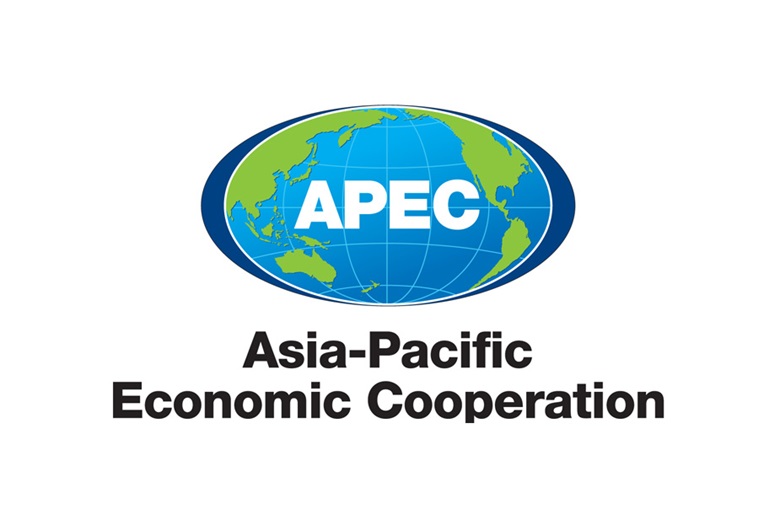ABAC applauds G20's stand on anti-protectionism and warns need for business pandemic preparedness

Singapore, 12 May 2009 - The APEC Business Advisory Council (ABAC), composed of the most influential businessmen of the Asia-Pacific region, will convene in Brunei on May 12-15 for their second meeting of 2009 to develop its recommendations on how APEC governments can respond to the global economic crisis that is now facing a new threat of global pandemic.
In this regard, ABAC has placed great importance on the need to promote the growth of world trade as a key component to the global economic recovery. World Trade has declined for the first time in 25 years which on a year on year basis has fallen 9%. ABAC therefore applauds the pledge made by the G20 Leaders at their economic summit in London on 2 April to promote trade and reject protectionism as key components of the global economic recovery effort.
ABAC had sent a letter to the 9 leaders from the 21 APEC economies who were involved in the G-20 meeting, reiterating the importance of clear and coordinated action by both APEC and non-APEC G20 members to fight against protectionist inclinations before the commencement of the summit. In the letter, the Council exhorted the G20 Leaders to remain firm in supporting the conclusion of the World Trade Organization (WTO) Doha Development Agenda (DDA), to resist any reactionary measures of protectionism. Hence, the Council champions the G-20 Leaders' declaration of their personal commitment to reach an ambitious and balanced conclusion to the Doha Development Round and the initiative to prioritise the negotiations. ABAC will also undertake another visit to WTO in Geneva to register regional business support for a positive outcome.
While supporting the G-20's commitment to restore growth via the restoration of domestic lending and international capital flows, ABAC warns that the way ahead should not consist only of a series of stimulus packages and that there were salutary lessons to be learned from the 1929 "crash" and the 1997 Asian financial crisis. Additional spending packages should promote economic and structural reform and not be a means of solely rescuing poor performing sectors or enterprises. A credible and transparent surveillance mechanism is primary to monitor this process.
To address the immediate challenges of the economic crisis, ABAC will undertake the development of business oriented proposals on such issues as financial protectionism and trade financing. ABAC has proposed for members to share information on stimulus packages or measures that have been rolled out by their governments.
ABAC is also concerned about the impact of the threat of a pandemic of a new strain of Influenza- A (H1N1) virus on businesses in this current tough time. ABAC highlights the critical need for timely information about the influenza to be released by relevant authorities to the regional business community to help individual companies better prepare continuity plans and implement counter measures. ABAC also stresses the critical requirement of adequate emergency preparedness by business and, derived from our past experience with the avian influenza, that public-private partnership and effective communication channels are key components to the response to a potential health pandemic. ABAC commends to SMEs and businesses in the region a web-based checklist (https://www.abaconline.org/v4/sme-checklist.php), developed in collaboration with the UN System Influenza Coordination (UNSIC), so that they can find out where they stand in terms of pandemic preparedness.
ABAC was created by APEC Leaders to provide them the business perspective on regional economic integration. Its members are appointed by the Leaders of each APEC member economies. Teng Theng Dar of Singapore is the current chair of ABAC.

